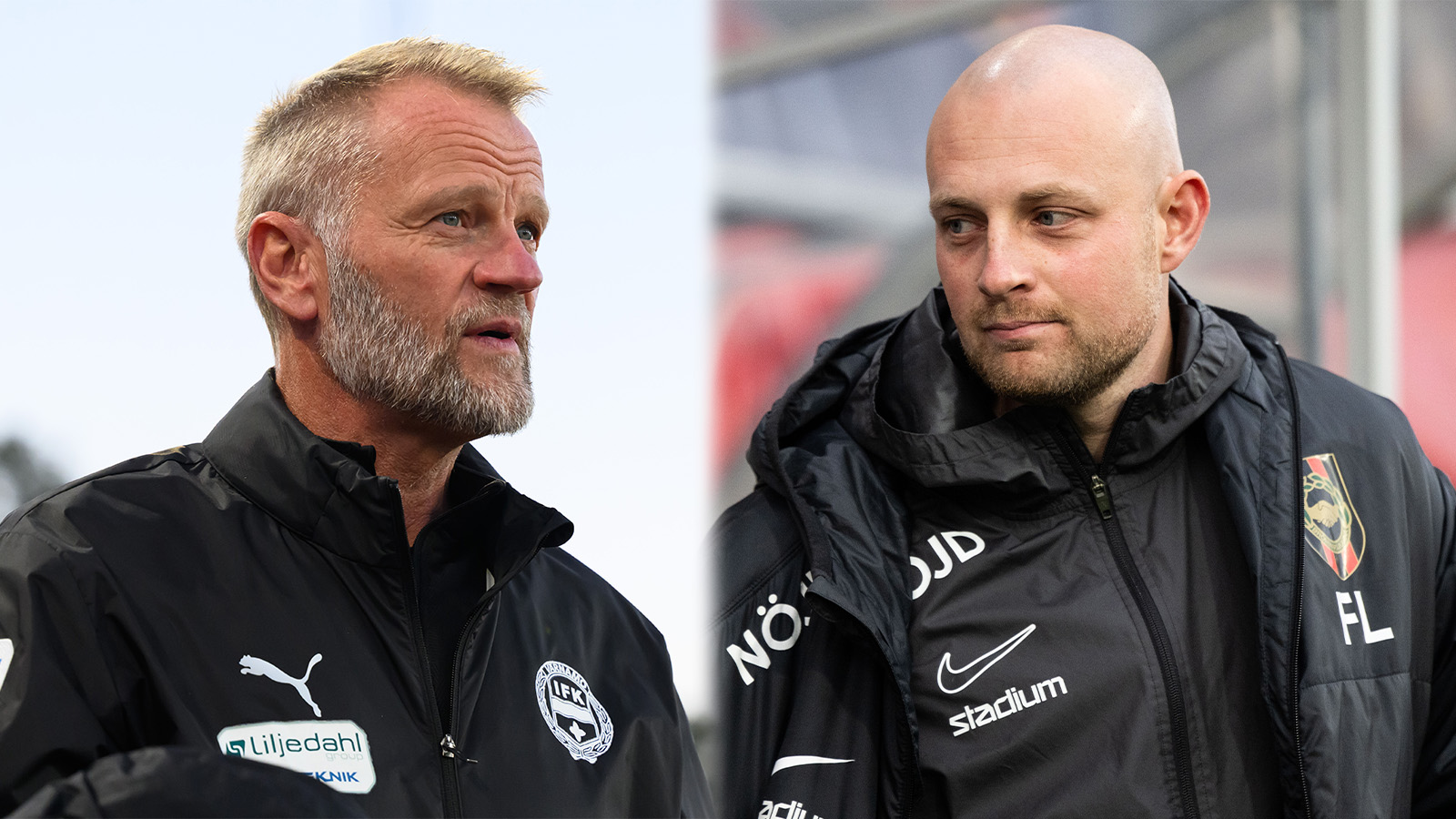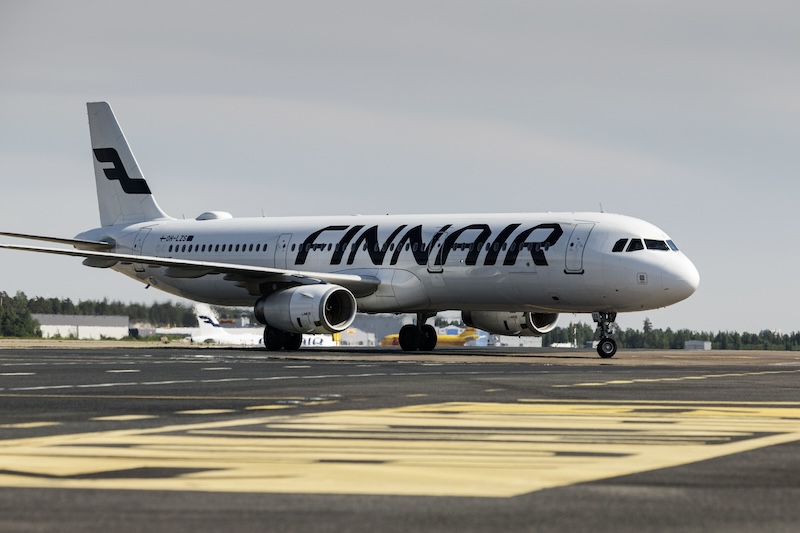Scania Leads Consortium Bid to Rescue Northvolt's Research Facility

In a bold move to safeguard Europe's position in the competitive electric vehicle (EV) battery market, Scania, the Swedish truck manufacturer, is spearheading efforts to form a consortium aimed at acquiring Northvolt Labs, the research and development arm of the now-bankrupt Northvolt. The facility, located in Västerås, Sweden, represents a significant investment of approximately $750 million and employs over 1,100 specialists working on next-generation battery technologies.
Christian Levin, Scania's CEO, revealed in an interview with the Financial Times that the company is in discussions with potential partners, including the Swedish government and the European Commission, to share the financial burden of the acquisition. 'We're trying to form a consortium that could part-finance it, but we can't do it alone - it's simply too much, even for a large company like ours,' Levin stated, underscoring the strategic importance of keeping the lab's advanced research capabilities within Europe.
Northvolt Labs, often referred to as the 'crown jewel' by former executives, has been pivotal in developing cutting-edge materials for future batteries. Its potential acquisition comes at a critical time as the European automotive industry scrambles to meet stringent upcoming emissions regulations. The lab's expertise is seen as a key asset in maintaining the continent's competitive edge in the global shift towards electrification.
While the future of Northvolt's battery cell production in Skellefteå remains uncertain, with operations expected to wind down by June 30, the interest in Northvolt Labs highlights the industry's recognition of the value of its research and development capabilities. Scania's initiative reflects a broader trend of automotive and energy sectors investing heavily in battery technology to secure their futures in an increasingly electrified world.




